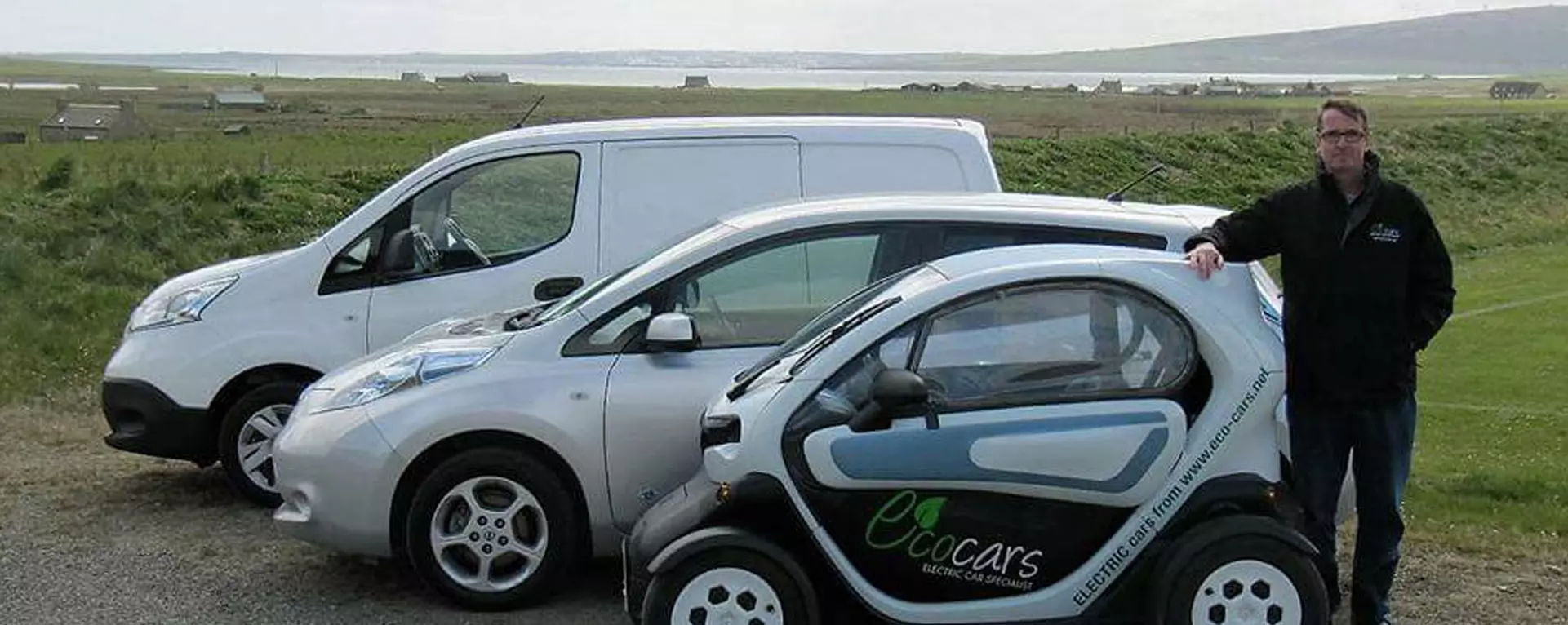Have you been considering whether it better to buy an electric car? We look at the advantages of buying an electric car. Whether you are looking for a car that is better for the environment or if you want to save money on fuel, we will look at the top reasons for owning an electric vehicle.
Should I Buy an Electric Car?
Whether you should buy an electric car or not depends on many factors. For example, you need to consider whether it would benefit you and your circumstances, and it is also down to personal preference. It is essential to get the vehicle that is right for you as cars are a huge investment. It would help if you thought about exactly what you want to get out of your car and compare it to what the car can offer you. If you are struggling, it is important to get in touch with a professional to point you in the right direction.
If you can answer yes to the following, then an electric car would suit you:
Is your daily commute drive less than 150 miles per day?
Do you have a garage or a driveway?
Do you drive a company car?
Do you drive around a large city centre, such as London?
Do you want to help the environment?

If you drive around a lot and regularly drive over a couple of hundred miles, you tow other vehicles, are looking for lower purchase prices or use street parking overnight, then electric cars may not be a good option.
There are so many different brands of cars that now offer electric vehicles. Electric cars are still much more expensive than petrol and diesel cars, but it expected to be the other way around soon. However, you will be saving money on road tax and petrol or diesel, as the running costs for this vehicle are much lower.
If you are looking to switch from petrol or diesel cars to electric cars or plug-in-hybrids, you should get in touch with a professional today with years of experience in the industry. They will be able to give you the advice you need, whether it's about range anxiety, battery life, tax breaks, or the range of electric models.
Existing owners are so pleased with their new car and say they last a long time, providing you take it for servicing every 12 months or 12,000 miles. Sales have gone through the roof since the Government has decided to ban selling cards and vans powered using petrol or diesel in 2030.
Would an Electric Car Suit my Needs?
It would help if you made sure that there are some electric charging points around your area or on your regular journeys; however, you can charge your car at home.
It can take between 5-12 hours to fill up your electric car, so you need to ensure you have time for this. For example, if your job requires you to be on call, this car may not suit your requirements. It would help if you then worked out how long your specific electric vehicle lasts once fully charged. Most modern electric vehicles can travel around 200 miles before they need charging again.
If you have any doubts, it is important to do your research or talk to a professional, as it is a large investment to be unhappy with. You need to take so much into consideration, for example:
- Is the car charging infrastructure largely distributed?
- Will higher initial prices really be offset by the financial incentives?
Here are a few things to be thinking about:
- Modern Technology
- Petrol or diesel is more expensive than electricity
- More expensive purchase prices than conventional cars
- Range of grants available
- Driving is enjoyable and relaxing
- Better for the environment
- The electric motor is fast and quiet, with high-quality performance
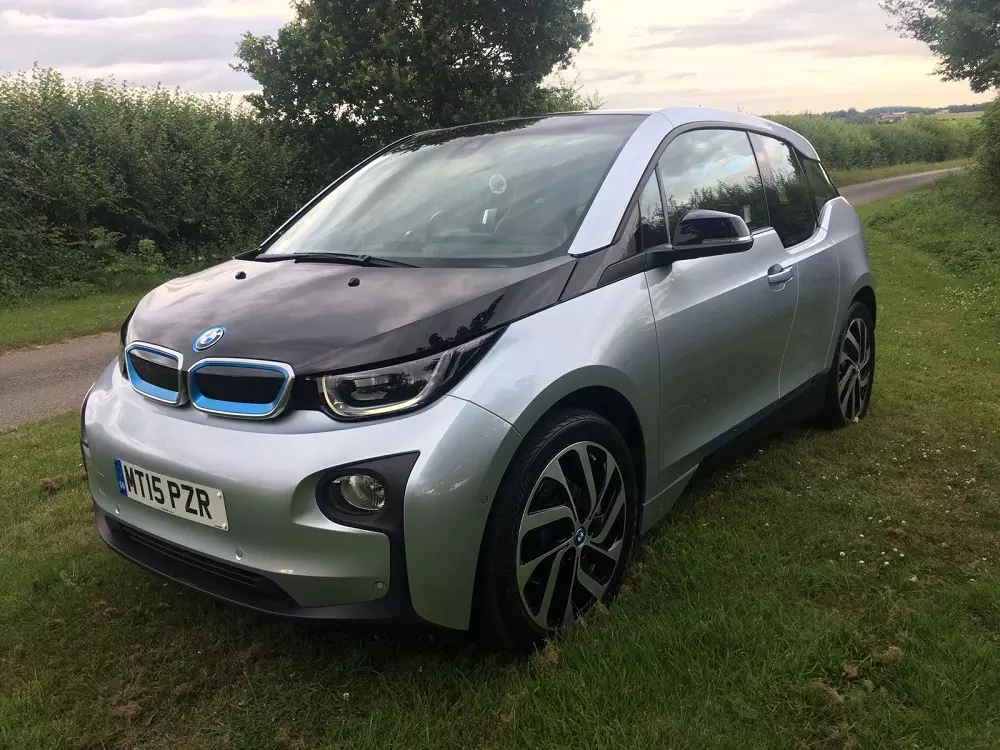
Many brands choose from, including Volkswagen, Jaguar and Kia, who make electric cars and plug-in hybrid models. Second-hand electric cars are just as reliable compared to new electric cars; they're just more affordable. In fact, electric cars are worth more when they have exceeded the ownership period of three years.
If you travel long distances regularly, whether you're commuting, going on road trips, then going electric may not be the best option. If the weather is cold or boiling, then using climate control or the air conditioning in your electric car could affect the car's range and use up the power.
How Much Cheaper is an Electric Car?
Electric cars are actually more expensive to buy than petrol or diesel cars. However, the running costs for an electric car are much cheaper, so you may be saving the difference between the electric car's purchase price and the petrol or diesel car in the long run.
If you compare the costs of electric cars to conventional vehicles, there is a considerable difference. Even though the running costs for electric vehicles are cheaper, the initial payment is much more expensive. If you are thinking about switching, please get in touch with a professional first. They can give you advice on anything, including performance, technology and more. Here is how you can save money buying an electric car:
Road Tax
If you have an electric car, you are exempt from paying road tax as they run with zero emissions. This is the same throughout the entire contract for your car.
If you would like to talk to someone and go more into detail regarding EVs' costs, including insurance, finance options, and more, please contact your local provider today. Across the UK, so many more EVs are being sold, and petrol and diesel vehicles are being sold less. They don't lose their value, even after 3 years when they are believed to have gained more value, unlike conventional vehicles. There are even finance options where you can pay your EV off monthly instead of an initial upfront payment.
Fuel
You can't travel many miles in an electric car, saving money anyway, but electricity is much cheaper than petrol or fuel anyway. How cheap charging your car electrically will depend on charging your car at home or charging points where terms may differ, how much electricity your car can hold, what electricity tariff you are on and when you are charging your car.
For example, the Nissan Leaf models usually cost around £4-£7 to fill the car up at home, which will give you around 170 miles. In contrast, 45mpg petrol and diesel cars will cost, on average, £20 to travel 170 miles.
Company Cars
As a company car driver, you will face high costs for BIK (Benefit-In-Kind) tax. However, new terms made in April 2020 state that you won't need to pay BIK tax if you purchase an electric car. Then you'll pay 1% after a year and 2% the next year of the car's overall value, so for the three years of ownership, you'll be saving thousands.
Grant
Since electric cars have a much higher purchase price than petrol or diesel cars, the Government will give you a grant if you buy an electric car. The grant is known as PiGC, which stands for Plug-in Car Grant, and the Government will give out £3,000, as long as the vehicle costs less than £50,000.
What are EVs Like to Drive?
Electric cars tend to feel very quick, as the engine provides instant force at maximum speed. This is because the ICE (Internal Combustion Engine) produces thousands of revs as soon as you press down the accelerator. However, different brands and models of electric cars are faster than others, for example:
Tesla Model S
Tesla Model S's can reach 62mph in around 2.5 seconds and are known to be one of the fastest cars globally.
Porsche Taycan
This model can reach 60mph in around 3 seconds
Audi E-Tron
The Audi E-Tron can go from 0mph - 60mph in around 3.5 seconds
Jaguar I-Pace
The Jaguar I-Pace can reach 60mph in 4.5 seconds
Mercedes EQC
The Mercedes EQC takes around 5 seconds to reach 60mph
BMW i3
The BMW i3 has an impressive performance time of 7.3 seconds to get to 62mph
Nissan Leaf
The Nissan Leaf can reach 60mph in around 8 seconds
Renault Zoe
Renault Zoe's can reach 62mph in around 10 seconds
Peugeot 208
The new Peugeot 208 with a 1.5-litre diesel engine can get to 60mph in 13 seconds
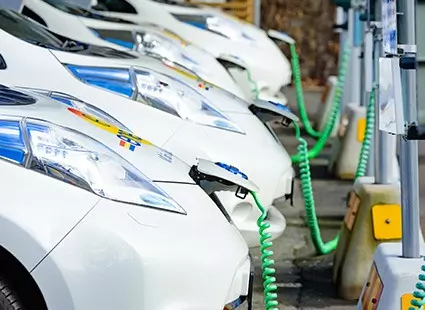
Electric cars don't last as long as petrol and diesel cars on long journeys, so it is important to work out how far you can get on a single charge. However, it would help if you considered real-world tests and the figures released by the manufacturing groups.
Are there Grants Still Available for Electric Car Buyers?
If you purchase an electric car under £50,000, you will receive a £3,000 grant from the Government, as these vehicles run with zero emissions. You will also get a grant to help your home charger, whether your electric vehicle is new or used. The home charger can recharge the batteries three times faster than the regular plugs.
The Office for Low Emission Vehicles will also provide you with a £500 grant, but this is only for most electric vehicles, not all. If you purchase an electric vehicle in Scotland, you will be entitled to another grant from the Energy Saving Trust. They will also give you a grant of around £300.
If you purchase an electric motorcycle, you will receive a grant of 20% as long as the value doesn't exceed £1,500.
The Government does this to encourage people to buy electric vehicles as they cause less harm to the environment, producing zero emissions and CO2. This reduces climate change and much more. There are so many benefits to having an electric car, but you must consider your circumstances before buying one as they don't suit everyone's lifestyle.
If you have any further questions that aren't covered in this article, please feel free to display your interest in EVs and your local provider a call today. They will be able to give you to advice you need and point you in the right direction. They cost a considerable amount of money to be unhappy with, which is why it is so important to gather all the necessary information first.
Can you Rely on Today's Charging Network?
If you're looking to put some extra cash in your savings, then electric cars are ideal. Tesla actually has its own supercharging network around the UK and Europe. These charging stations are currently starting to be located at hotels, shopping centres, business parks, motorway services and other public places.
In fact, it is believed that there is at least one station for each household to reach easily. A Model 3 Tesla with a 250kW battery can be filled using the latest third-generation supercharger, which adds an extra 1,000 miles per hour to the range. Many other companies have charging networks around the UK, but they don't run the same as other fuel stations when refuelling or paying. In some cities around the UK, charging stations are now being installed in lamp posts.
The charging rate for electric cars is usually measured in kilowatts. Different car brand charging stations provide different kilowatts; for example, some chargers offer as little as 3kW, whilst Tesla superchargers offer up to 250kW. The other brands are separated into the following categories:
Fast
7/ kW / 22/ kW
Rapid
25/ kW / 43/ kW / 50/ kW / 100/ kW 120/ kW / 150/ kW
Industry-Leading
350/ kW
There are also different types of plugs, including:
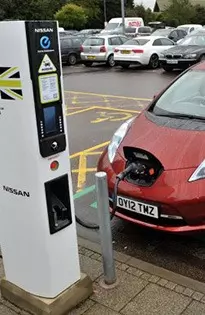
Commando
Yazaki
CCS
CHAdeMO
Type 2
Then, to make things even more complicated, you have different types of payment methods. You used to set up an account for each charging network and carry around a contactless RFID card or download an app on your smartphone. You would then use the card or the app to pay for your charging. Now, contactless payments for debit or credit cards charging networks are steadily growing.
Different car manufacturers are also trying to improve charging networks. For example, if you purchase a Porsche Taycan, you will automatically have a charging account that Porsche brands as an app or a contactless card, and you will be able to use these at most charging stations.
Another manufacturer that has tried to make improvements is Polestar, which has partnered up with Plugsurfing. Their RFID branded contactless card work in nearly 200,000 charging stations around Europe.
The cost of the electricity can also vary. In some supermarkets, you can find charging stations that are free to use whilst you're in the shop. Then, different stations will vary in cost and speed of charging. For example, BP's Chargemaster networks are partnered with Polar Plus, and you can pay £7.85 every month to receive free charging in pretty much all locations. Otherwise, if you decide not to become a member, you will be paying around 40p for every kWh you use.
There is a wide range of EVs to choose from, and you must choose the best one to suit your needs. You must consider costs, performance, distance from your home to your workplace and more.
They are definitely a more green option, and owners report being very pleased with their EVs and last for years. They also look extremely appealing and are very practical.
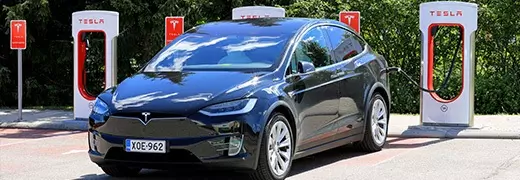
If you are considering whether it better to buy an electric car you can view our range of electric cars online.

